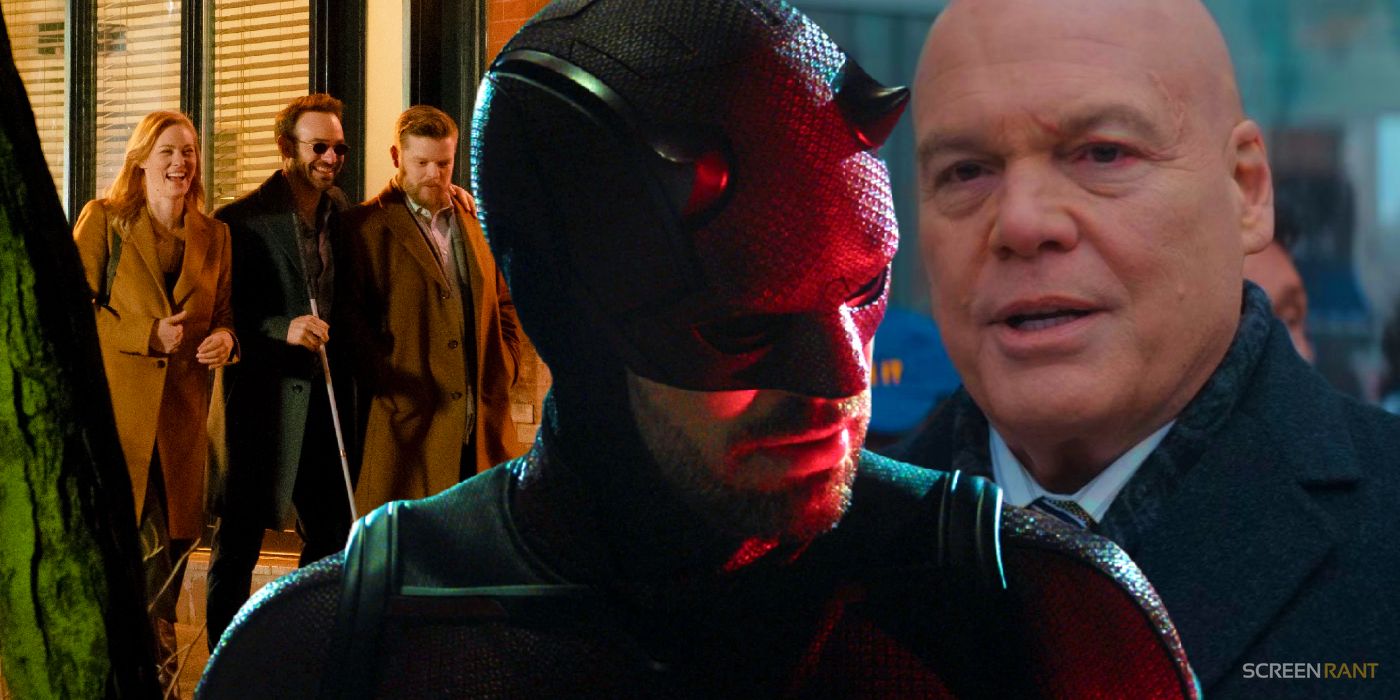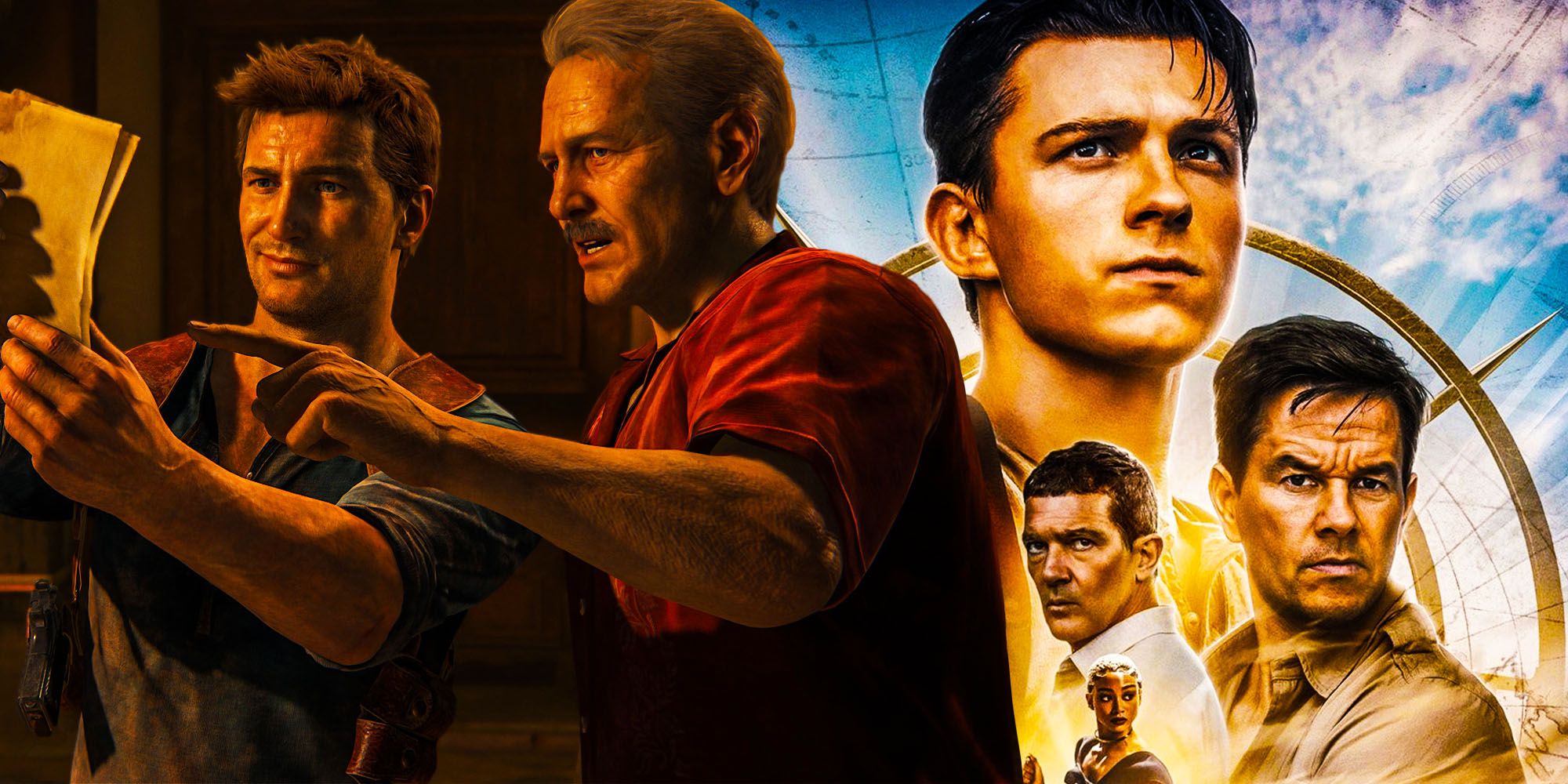Milauna Jackson commands the role of Lt. Abbie Noel Campbell in Netflix’s historical drama The Six Triple Eight. Written and directed by Tyler Perry, the film dives into the true story of the 6888th Central Postal Directory Battalion, the first military division comprised of Black women and the first to serve overseas during World War II. Led by officer Charity Adams (Kerry Washington), while in Europe, the faction was tasked with sorting and delivering over 17 million pieces of backlog mail that was mostly damaged or undeliverable due to insufficient storage holdings. Against all odds, despite the rampant racism, sexism and poor living conditions within the military and abroad, the women righteously completed their task in the faces of those who doubted them.
Here, Deadline speaks to Jackson about bringing an under-told Black story to life.
DEADLINE: How did you come aboard this project?
MILAUNA JACKSON: I auditioned for the role through Kim Coleman. She was casting and sent me the audition. I had just worked with Tyler [Perry] on A Jazzman’s Blues, but that was a different character. I had the need to play this character that suits me in a different light. I did a lot of work for that audition; I like to be prepared. Tyler has said something he thinks I’m overprepared [laughs]. He said that to me once in A Jazzman’s Blues, but didn’t say that for The Six Triple Eight.
DEADLINE: It’s funny how things like that stick with you regardless.
JACKSON: I am overly prepared, but I wanted to show that I could flow with it in the audition. I like the feeling of spontaneity. I’m a risk-taker and I’ve applied that in my life professionally, personally, financially, spiritually and emotionally. Taking a leap of faith [with my abilities] always teaches me that the experience is going to prepare me for the next risk-taking situation. And this project was one of those things. Initially, when I auditioned, I forgot about it, which rarely happens, but this audition, I just said, “OK,” and let it go. It’s easier to put something away from your mind when you’re working. I was working in New York on Law & Order and FBI, and The Six Triple Eight was the next offer. But because I was in New York, I wasn’t able to attend the table reading, so I referred one of my closest friends, and I prayed that she would get the opportunity. So, I just forgot about it and then received the call [around] Thanksgiving from my agent. I just thought that it was interesting how all of that worked out.
A lot of the time we feel like we have to be at the right place at the right time in order for the right thing to happen. We have to say yes, but we can never say no. We have to always be available. We cannot go on vacation. We can’t live our lives. We have to be rooted in LA and be by the phone or on the internet and social media in order to be seen. None of that happened in this case.

DEADLINE: When did you find out about the 6888th Battalion? And how did your research inform how you played Lt. Campbell?
JACKSON: I just found out from the script. I never heard about this story. But I did talk to my former second grade teacher, who is still in my life, about this. She did know about these women and taught a bit of this history, not in second grade, but in the Chicago public school system. I’ve gone to all Black Christian and Luthern private schools from second grade to eighth grade, but none of them talked about Black history. None of them talk about our contributions within the military armed forces. I’m not a history buff, but I do love reading about how we were contributors within our communities and our country. There’s a component to us being proud to be here, proud to be American, and to have the ability to fight for our rights and joining the military in the ’40s was their commitment. I had to bring that same kind of gravitas to the role.
I can’t just play Abbie Noel Campbell, she’s a private who just decided to join the military because she didn’t have anything else better to do. This woman became a Hall of Famer. So, playing her was an honor. When the film starts, my character is introduced in the position of being a lieutenant. She joins the military with her best friend, and it’s like, “I don’t know what this mission is, girl, but we got to do this together.” And so she starts as a lieutenant. She’s supporting her friend. Her friend is supporting her. Charity Adams is trying to accomplish this mission where they will be recognized not just by their families and friends but also the country. I don’t know many female captains who have dedicated their lives to the military in a short amount of years and [rose through the ranks like] Abbie. However, while working on this film, I was able to meet women who spent 25 years in the military and retired. But essentially, this means that we are playing superheroes, real-life heroines.
This isn’t a fictionalized story that Tyler and Netflix decided to create so that Black women could feel better about themselves. This is a real retelling story about women who sacrificed the things, the components that held them home. They sacrificed those ties and flew not just mentally and figuratively, but also on a plane. I couldn’t even imagine that. I’m not afraid to fly, but there were women who had trepidation to fly. But this group of women were like, “Let’s do it because we got each other.” That just had to fuel my performance, and I hope it did.
DEADLINE: What was it like working alongside Kerry Washington? Your characters are integral to each other. They are the ones who have to deal with these white men who undermine them at every turn.
JACKSON: This was my first time working with all of them. I was familiar with them because I consume a lot of content and love seeing a Black female lead. When you meet a person in real life outside of their character, you don’t anticipate that you’re going to run into that person unless you do the research. Kerry Washington is the woman that I have been following since the beginning of my career, I auditioned for Save the Last Dance. It was my first feature film audition. I didn’t make it into the roles that I auditioned for, but it’s a testament to who I am and my character. But Save the Last Dance was my first foray into being a professional actress. Working with Kerry and Tyler, you have to be prepared to work with them, and that comes from being resilient. The experience was challenging, life-changing, life-altering and life-affirming. It was difficult and joyful. It was everything you can imagine that comes with working with A-list professionals that you have followed. Kerry sets the very high bar.
DEADLINE: What kind of physical training went into this role? There’s a lot of marching, yelling and accent work.
JACKSON: Look, I am from Chicago. Chicago is the loudest. The people are so loud. My family is loud [laughs]. I tapped into the bottom of my diaphragm and all the training that I did with dialect coach Denise Woods on A Jazzman’s Blues. She was unavailable for this project and referred her son, Damien. He worked with all of us, but particularly me. He ensured that I was not only period-ready but also ready to command. There’s a level of authority that you have to not just exude in your poise, cadence and eyes, because this is a film. It is a visual medium. So, the camera is unbiased. It is not going to lie for you. You can’t hide in front of the camera. So, I had to do work. I also had to work on training outside of the rehearsals that were available with Debbie Allen and Quay [Terry], our military advisor. I practiced solo marching and pretended like there was an army of 30, 300 and 855 because that’s a different kind of authority.
And even that’s different when you’re in a hangar as opposed to when you’re outside. The sound carries inside and then I have a microphone on. But you can’t operate it like you have a microphone on. I have to operate it like a woman in the back of the room. You got the front line and then the rear line. So, I wanted to project my voice all the way to the back so that it resonates. So, when I stopped, they stopped. When I moved, they moved. Even if I couldn’t turn around and check, I just had to believe. That’s where the faith comes in that my voice is going to carry. The front line will hear it, the second line will see it, and then the third line will fill it, and then it’s a domino effect. So, all of these things were components that I had to remind myself of in the training. Why am I doing this? It’s not just because I want to look good because I do want to look good. I do have a career that I am proud of. I got an ally in Captain Adams. I have an ally in these women, and so that’s why I am doing this. Abbie Noel Campbell has a son. She has family members. She has grandchildren. She’s got loved ones. She’s got friends. If she and Charity were best friends, that means that Charity’s family loved Abbie. So that’s extended family. So, I had to honor that.
I remember when I didn’t feel like training, the one thing I have to always credit her for is working with Jeanté [Godlock]. She plays Vera in the film. She actually has served in the military. She was one of the few people I had access to on a more regular basis because she’s in the cast. So, I worked with her outside of rehearsals, and I was like, “Listen, girl. This weekend, what are you doing? Let’s go to one of these private rooms in the hotel,” where there’s nobody. So that I could really just fail so, I could do it and not worry about being apprehensive and not sounding right. This is the part of the full commitment. So, while I’m not in a studio or in the presence of an actual trainer, that’s my responsibility and that’s my commitment. And I wanted to make sure that I did it to the best of my ability.

DEADLINE: What do you hope audiences take away from a story like this?
JACKSON: That all missions that we accomplish typically happen from a collective effort. That means that while you only may see the 855 women marching. Prior to them hitting the streets, they were in their location, their schools and at work. The reason that they were able to do that is because they collectively had a plan. The reason that they were able to return to America having not only fulfilled the mission of helping the American soldiers, but the woman who represents the West Virginian native who goes to the White House went out to [to seek assistance]. This [effort] began in the community, with families not being able to reach each other. That’s how America functions productively. It’s a collective unit. In order for us to win any battle, we have to do it by reminding ourselves that we can’t do this alone. We have to ask for help. So that’s what I learned working on this, is that as bad as my mother raised me to be, she raised me to be this independent Black woman who is strong and resilient and all those things. I still had to learn how to ask for help, when to ask for help and how to receive help. Nobody taught me that, and I hope it teaches other people that.
[This interview has been edited for length and clarity]









 English (US) ·
English (US) ·